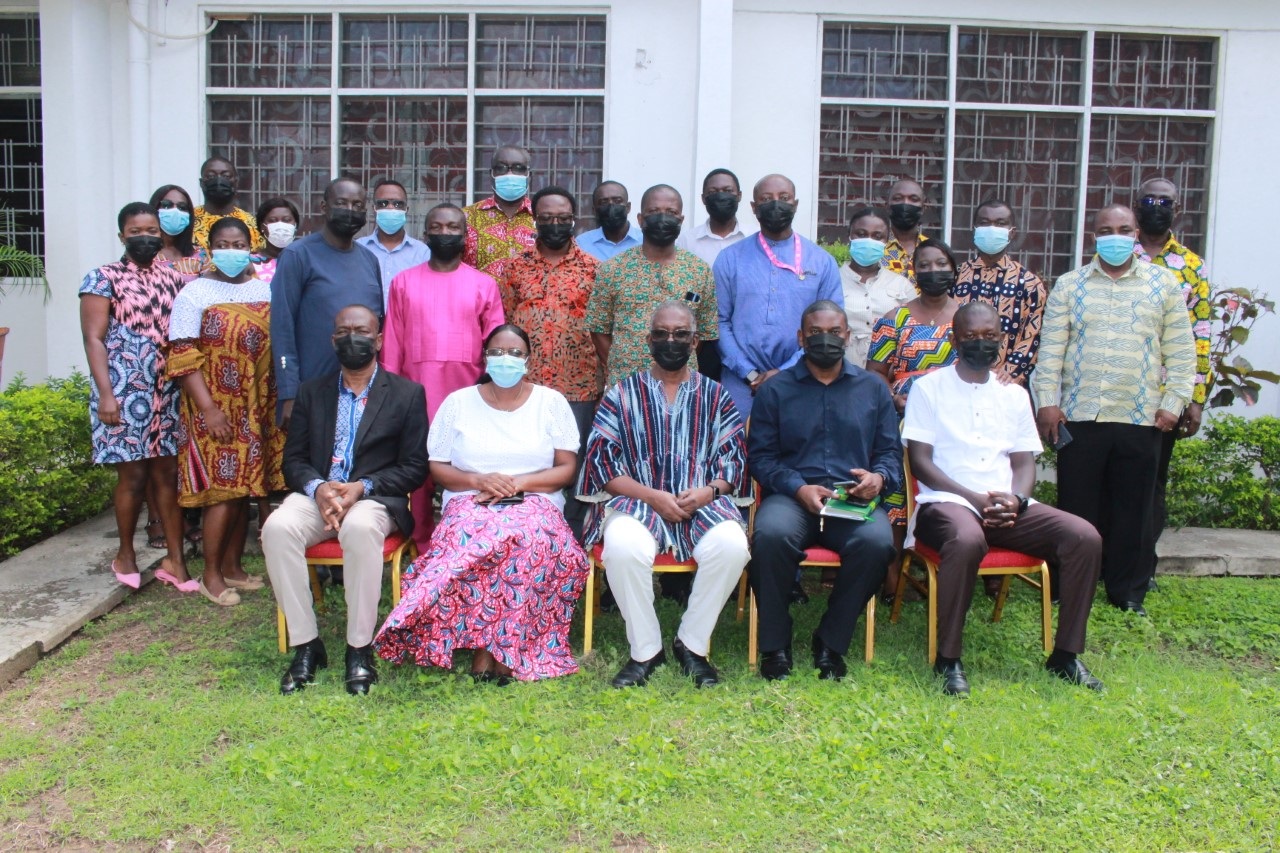
Accra, June 21, GNA – The CSIR-Science and Technology Policy Research Institute (STEPRI) says the adoption of technology and farm services support is woefully inadequate.
It said this, therefore, had little or no significant impact on the agriculture sector.
Dr Richard Ampadu-Ameyaw, a Senior Research Scientist at CSIR-STEPRI, speaking at a stakeholder engagement, called for more exploration to adopt and use or even invest in such service supports.
It will help boost agriculture and enable the country to achieve some of the SDGs easily.
Dr Ampadu-Ameyaw said this when he presented research on the “Effective supply of farm service as a tool for addressing disadoption and discontinuous use of Sustainable Intensification Practices (SIP). »
The workshop was on the theme: “Effective Partnerships for effective uptake of SI technologies, Innovations and practices: Role of Farmers, Research and other private and public sectors.”
He said technology adoption was critical in achieving sustained productivity, improved food and nutrition security as well as raising the incomes of farmers.
The Scientist said the provision and access to farm services as were either absent or limited in the country and this had been attributed to the poor financial and other resource positions of the smallholder farmers, who constitute the majority of the country’s farm population
He said the government policies to support investment and supply of such services were either weak or absent, meanwhile the private sector was disinterested and reluctant to invest into such basic machinery for lack of profit and or poor market demands
He said the focus on extension education in terms of what to plant, how to plant, spray and fertilize dominate at the expense of such farm services.
Dr Ampadu-Ameyaw said while the government imitated programmes such as PFJ, youth in Agriculture, planting for exports and Rural development, one district one factory were good and could propel agriculture to enable it to contribute successfully to development, access to, adoption and use of these support services can enhance agricultural production in the country.
He recommended that there should be a capacity building in mechanization /machinery services with market accessibility training services and SI training services.
He said these technologies had the potential to provide opportunities for higher productivity, improve the quality and hence food safety of food and enhance the premium farm income and livelihoods.
“Given these potentials, leveraging technological practices for development, requires an urgent sense of making delivery of farm services efficient and a priority,” he added.
Dr Adelaide Agyeman, the Deputy Director, CSRI-STEPRI, said the workshop was to share knowledge and findings of research to inform and strengthen Ghana’s SI-related policy and investment processes.
She said it was important because it provided a framework to guide the integration of SI measures into agricultural development policy and planning.
She said the main outcome of STEPRI activity was that effective partnerships were built with farmers, local communities and research and development partners in the private and public sectors to ensure delivery and uptake at a scale of SI technologies, innovations, and practices.
Dr Fred Kizito, Chief Scientist at the International Institute of Tropical Agriculture, said farmers had learnt a couple of things that were sustainable and even without the presence of the project, they would be able to move forward.
Morkporkpor Anku